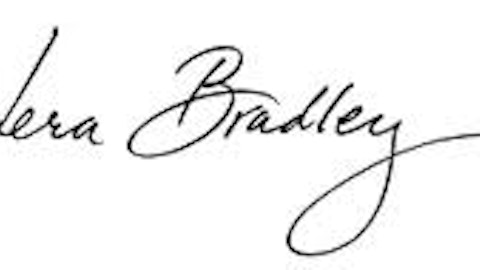 When short sellers start circling the wagons, they can drive a stock down and keep it down for quite some time.
When short sellers start circling the wagons, they can drive a stock down and keep it down for quite some time.
That goes even for a company that has no debt — and has been consistently increasing shareholders’ equity.
One such company also has high margins and generates impressively high returns on invested capital. Over the past four years, this company has maintained a return on invested capital (ROIC) of 35% or higher.
This company is Vera Bradley, Inc. (NASDAQ:VRA), which, with a short interest of more than 50%, is one of the most shorted stocks in the market. While VRA has more than disappointed investors over the past 12 months, the market could be offering investors a great entry point for the long term.

The short interest in Vera comes as competition in the women’s accessories market has been heating up. The success of Michael Kors Holdings Ltd (NYSE:KORS) over the past year and a half has kept the short interest relatively high at Vera. But Kors appears to be much more of a threat to Coach, Inc. (NYSE:COH) than to Vera. Rising inventory levels had also managed to catch short sellers’ attention. This was a result of too many Vera products flooding the market, but a refocus on strategy should improve inventory management.

New designs are released frequently to keep the brand fresh and encourage customers to shop for the company’s latest offerings. This allows the brand to appeal to all demographics.
Irrespective of how the short-sellers feel, there is money to be made in Vera. The investment thesis is supported by three pillars. First, shares are extremely undervalued, and the company is incredibly cheap compared with its peers. Second, the company has a great business and a strong customer base. Third, the company has no debt.
While CEO Michael Ray has done a great job in managing the company, he’s not a “retail guy” — he’s more of a “finance guy” (which shows in how well run the company is financially). Ray is also the son-in-law to one of Vera’s co-founders. Overall, his decision to retire as CEO is a major tailwind for the company.
Vera needs to bring in a retail/marketing CEO to increase sales and better connect with customers. The company’s products are still in favor, as can be seen in Vera’s sales, which more than doubled between 2009 and this year.
The new CEO also needs to reduce the overall merchandise assortment. Even Ray has acknowledged that the company has too many patterns, too many styles and too broad a selection. The company needs to reduce the number of stock keeping units (SKUs) and improve product line management. The good news is that the company is aware of this issue and has already cut 20% of the SKUs from next spring’s collection.
There is also a need for the company to expand its outlet stores, which it has the balance sheet to do. This is where the company can sell its discontinued items. Vera can then increase the exposure of its latest items — not discontinued items — on its website. An increase in outlet stores would help drive sales and move discontinued products.




